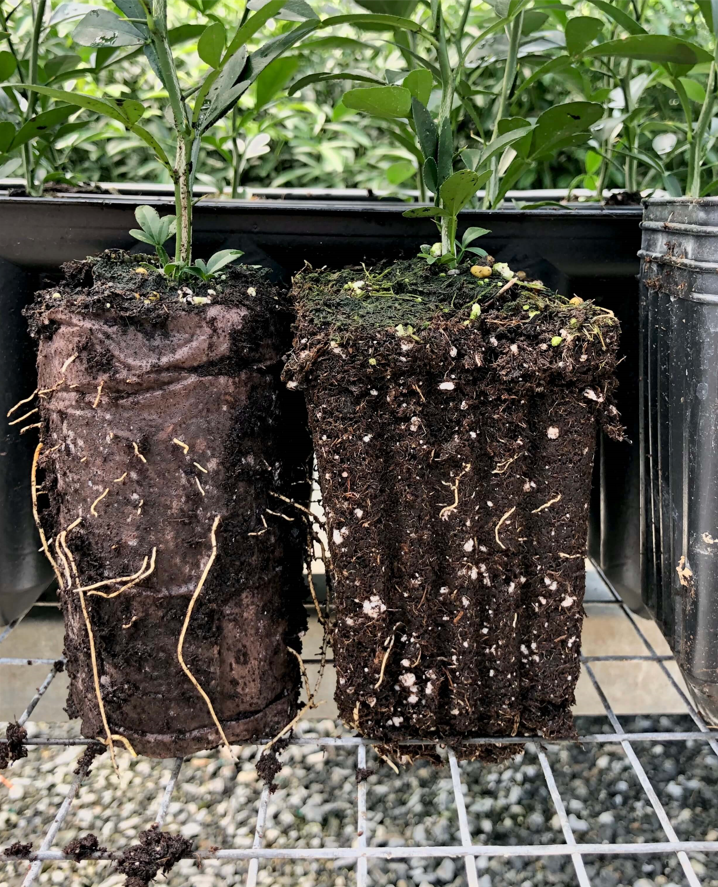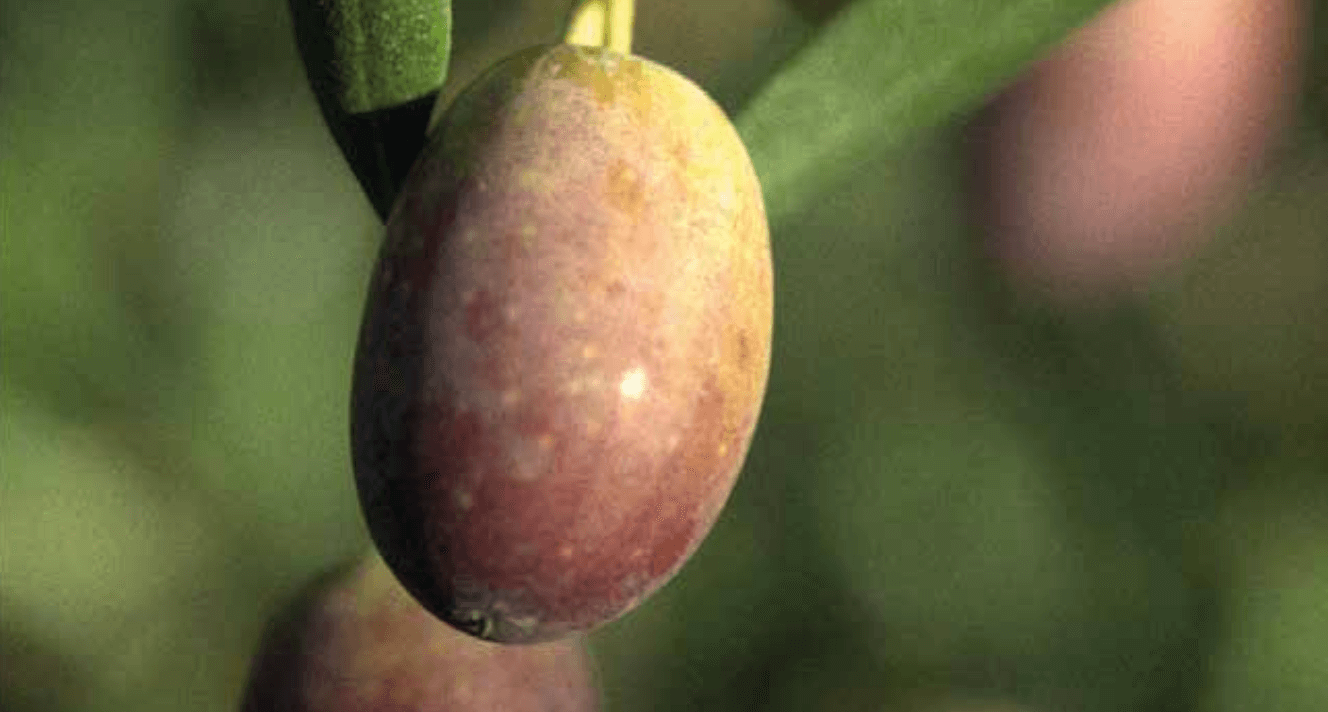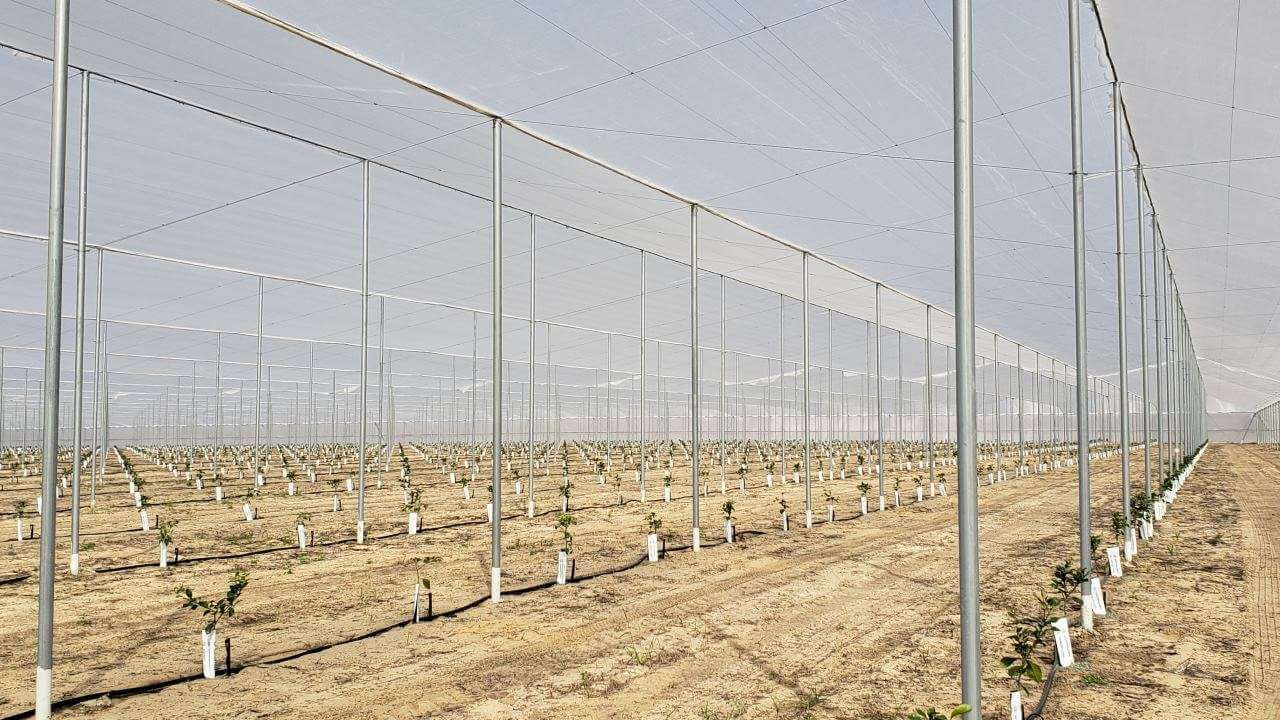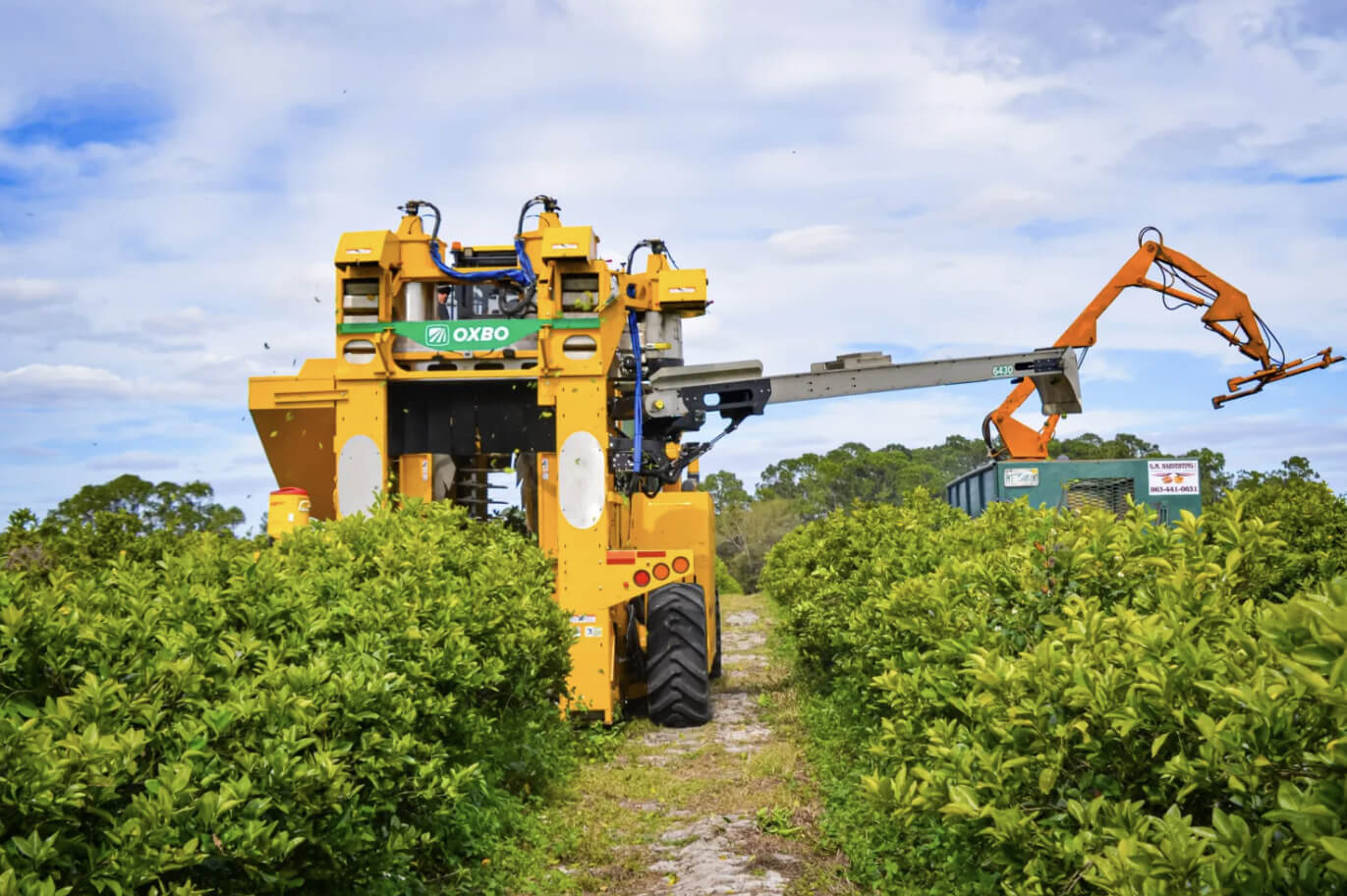Agromillora Florida has two primary goals when seeking out new innovations and/or practices for them. “Our primary goal is to be an environmental steward and reduce the total amount of plastic that goes to landfill. Our secondary goal is to achieve cost savings with the adoption of a new technology,” he outlines, “with Air Tray® Technologies we expect to check both boxes by reducing our plastic use and finding up to 50% cost savings (depending on the pot and tray supplier comparisons).”
Another compelling benefit that led the Production Manager and his team to adopt the Air Tray® Technologies system was that Blackmore will pick up used Air Trays® for recycling and pay them for the plastic. They are able to reduce the amount plastic waste they generate combined with water savings because they don’t have to wash the trays first. The Production Manager adds, “having a recycling option has a significant positive effect on our reporting that we appreciate and was a motivating reason to adopt the system.”
Coupling these big driving factors with the fact that the plants perform and do well in the system is a win, win, win (Figure). The Florida site just got in an H201 machine for 70mm x 135mm Ellepots. This is equivalent to the pot size they are using now, which is smaller than industry standard. “We are finding that more drying cycles, promotes better root growth,” the Production Manager adds. Currently they are using the Air Tray® Technologies system for citrus but have also grown a number of other species successfully in Air Trays® with Ellepots such as coffee and eucalyptus. They have found that planting Ellepots directly into groves facilitates transplanting and is easier and more efficient.

The Production Manager anticipates further automation in the near future, “we look forward to adding automated transplanting to the process and a drill to facilitate transplanting so we can automatically transplant a 40mm liner into a 70mm liner.” They have conducted some small-scale trials to date and will be starting an 80,000 unit trial soon, where they will plant a grove of trees with just Ellepots grown in Air Trays®.
Moving forward the Production Manager says the Air Tray® Technologies system has the potential to improve efficiencies across the board because growers can integrate all crops into some variation of the system and it would be very easy to transition with so many options and sizes. “At Agromillora, we see it as a wonderful opportunity for any crop and any application because it is fully customizable,” he summarizes.
More and more private equity firms are entering the agricultural sector and sustainability is the driving factor. As institutional money continues to come in, growing emphasis is being placed on the importance of sustainability and carbon footprints. Significant requirements are now being put in place to analyze each investment based on efficiencies and sustainability. This is happening now and is expected to become a mainstay in the fabric of agricultural business well into the future. While agricultural crops often deal with lower profit, commoditized items, these firms see potential because producing plants holds higher sustainability benefits longer term.
Shipping is a significant contributor to a company’s carbon footprint, therefore maximizing the efficiencies of this step in the process is crucial. The Almond Board in California is already starting to look at Agromillora California’s carbon footprints and is including how well they ship their plants in their assessments. The Air Tray® has enabled Agromillora to grow an equally viable plant in a smaller soil volume, so that they can fit more plants on a truck. Less potting mix and less space per plant on a truck contributes to significantly lowering their overall carbon footprint. Cliff describes, “we are able to produce a root system that can take a lot during transport. If you pull the Ellepots out of the Air Trays® and bag them before shipping, your shipping space is even more consolidated.”
Sustainable shipping is equally important in Florida. “We are looking at using burlap sacks because untreated burlap will break down in 90 days,” shares the Production Manager. Being able to handle more trees at one time during shipping increases efficiencies and would enable them to box and stack the trees. They are also exploring stacking bags in racks to use less cardboard and a reusable that would be sanitized between uses.
Water is another important resource to manage. Cliff considers, “innovations where you ensure you don’t water too much, would be compelling. Here at Agromillora, we already report water use, waste, and natural gas use. So, if Ellepot were to develop a paper that changed color to indicate when crops needed water and growers could apply exactly how much water was needed (instead of too much or too little), that would be a game-changer. He continues, “further, if it could be automated so that electronic sensors or cameras automatically turn on irrigation when paper color changes, we also solve a potential labor challenge.” The important thing to consider about any innovation in agriculture is that it cannot be overly complicated, if there are too many probes or too many cameras, the cost and complexity to adopt would be too high. All this being said, as growers who do deal with commoditized crops, cost is always a factor. “New, great ideas have to add value and provide efficiencies” Cliff closes, “Air Tray® Technologies has been one of those solutions for us.”
In summary, for Blackmore Company and our partners in the agricultural sector, one thing is certain for us, we will continue to develop solutions like Air Tray® Technologies to support a more sustainable, labor efficient future for our customers to ensure we are met with mutual success.







